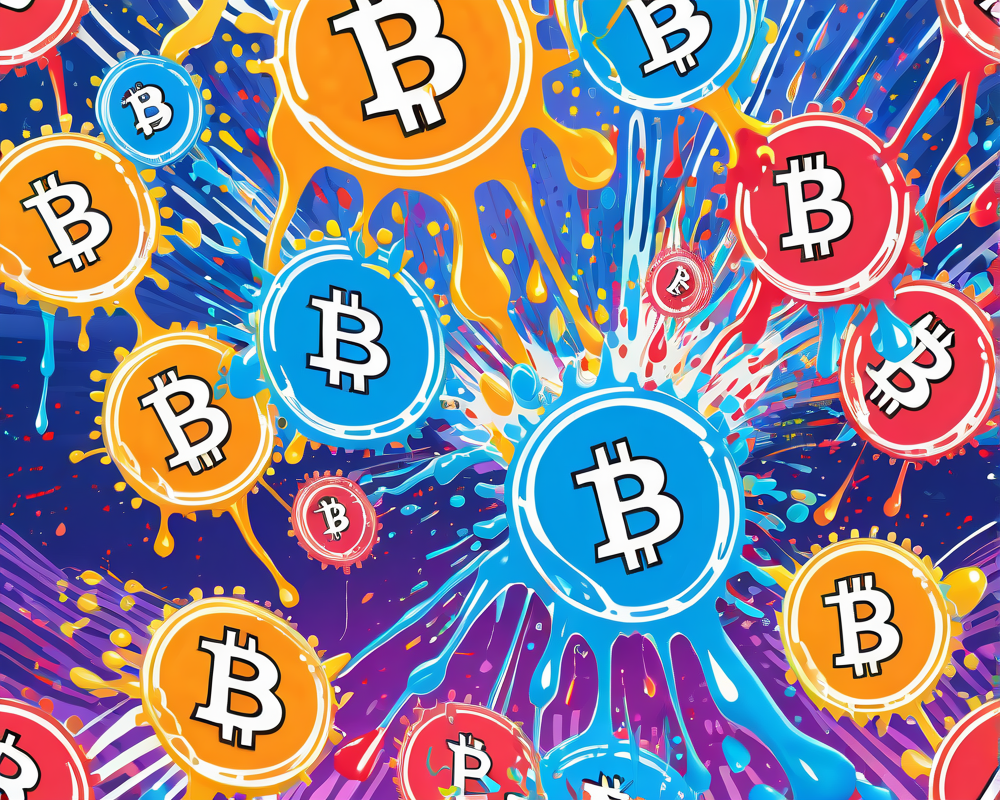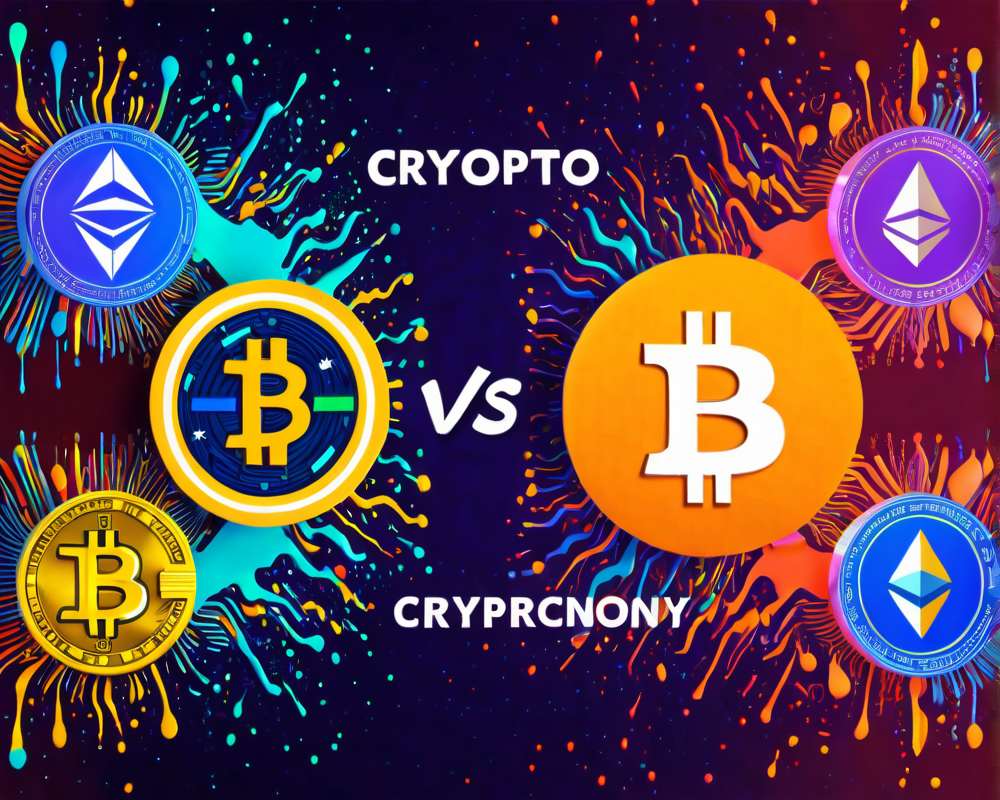The NFT Debate: Are Bored Apes Securities?
The question of whether Bored Apes and other NFTs should be classified as securities akin to Apple stocks is a hot topic. Spoiler alert: the answer is a resounding no! This isn’t just a Saturday morning cartoon plot twist; it’s a complex legal dilemma.
What Does It Mean to Be a Security?
At the heart of this debate lies a simple question: what defines a security? Securities typically represent an investment in a common enterprise with an expectation of profit derived from the efforts of others, as set forth by the infamous Howey Test. So, do Bored Apes fit this definition? Most legal experts say no, akin to saying a baseball card isn’t a stock.
The Baseball Card Analogy
Imagine if every baseball card collector suddenly had to register their treasures as securities. Talk about chaos! The same logic applies to NFTs, where each digital piece operates in a market driven by passion rather than pure profit motives. So, “collect them all” doesn’t exactly scream investment strategy.
Government Agencies: Different Hammers, Same Nails
When it comes to classifying NFTs, federal entities could be seen as wielding tools for completely different jobs. The CFTC sees crypto as commodities, the SEC thinks of it as securities, the Treasury views it as money, while the IRS is busy treating it as collectibles. Clearly, there’s some confusion here. Are they playing a game of legal whack-a-mole?
Legal Precedents and Potential Pitfalls
Recent court rulings add more fuel to the fire. A judge ruled that not all NFTs are securities, but that specific circumstances—like Dapper Labs controlling their blockchain—could cross that line. Wonderful! Now every NFT artist can stress about ‘how’ they market their creations, fearing a game of legal dodgeball awaits them.
The Shadow of Ridiculous Lawsuits
What’s even more concerning is the potential for a tidal wave of lawsuits against NFT creators, not to mention the possibility of overbearing regulations killing the free spirit of creativity in the NFT space. Imagine telling artists, “Sorry, you can’t create NFTs any longer because the rules are too fuzzy.”
What Lies Ahead for NFTs
The solution? It’s about clear definitions. A legislative move is crucial to clarify that NFTs, unless marketed explicitly as speculative investments, should not fall under SEC jurisdiction. Otherwise, we risk stifling creativity and innovation. As every passionate collector knows, art should thrive, not just be another stock on a trader’s watchlist!




